Spinach, tomatoes, cabbage, and asparagus contain low carbohydrates, which are beneficial for diabetics and prevent hyperglycemia.
According to the American Diabetes Association, eating lots of vegetables is a way to control blood sugar levels, especially low-carb vegetables. Because high-carb vegetables rich in starch such as corn, potatoes, and yams directly affect blood sugar.
Additionally, a diet rich in vegetables can help you lose excess weight, which increases your risk of type 2 diabetes. Here are seven low-carb vegetables that are good for your health.
Spinach
According to the US Department of Agriculture (USDA), a cup of raw spinach (125g) has only 1g of carbs, which does not raise blood sugar. This vegetable also contains many antioxidants such as vitamin A, which is good for the heart and eyes. You can use spinach to make salads, fry it with eggs (add vitamin B and protein) for a delicious breakfast.
Broccoli
Each cup of broccoli (125g) contains under 5g of carbs, about 69mg of vitamin C, nearly 2g of fiber, and 0.5mg of iron. Eating broccoli does not affect blood sugar and provides anti-inflammatory antioxidants and the essential mineral iron for the body.
People with the disease should stir-fry broccoli with olive oil, canola oil, or avocado oil to provide heart-healthy monounsaturated and polyunsaturated fats.
Cauliflower
This vegetable is low in carbohydrates, which helps stabilize blood sugar levels. One cup (125 grams) of chopped cauliflower has 5 grams of carbs, providing 51 mg of vitamin C and 61 mg of folate (vitamin B9).
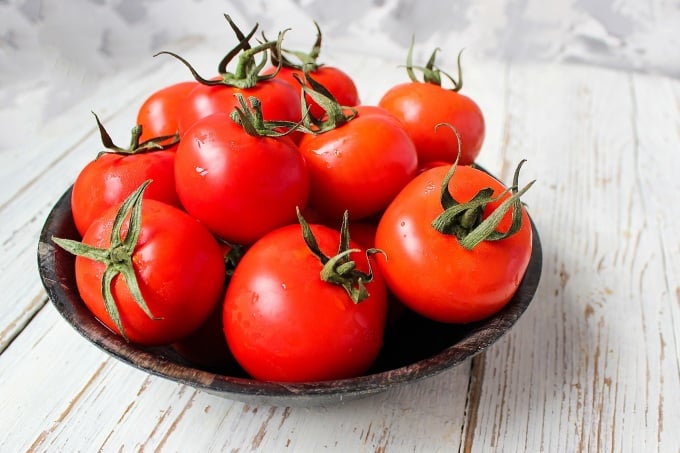
Tomatoes are rich in antioxidants vitamin C and lycopene which prevent chronic diseases. Photo: Freepik
Tomato
A medium tomato contains 5 grams of carbs, making it a diabetes-friendly food. It is also rich in antioxidants like vitamin C and lycopene (which gives tomatoes their red color), which may help prevent chronic diseases like diabetes and cancer. Eat tomatoes raw, in salads, or grilled to get the most out of their health benefits.
Cabbage
One cup (125 grams) of shredded raw cabbage has only 5 grams of carbs. Consuming this popular vegetable also adds vitamins C and K to a healthy diet. People with diabetes can add cabbage to salads, stir-fries, or boil it in meals.
Brussels sprouts
According to the USDA, one cup of cooked Brussels sprouts (125 grams) has 11 grams of carbs, nearly 97 mg of vitamin C, 488 mg of potassium, and 4 grams of fiber. Slow-digesting fiber slows the absorption of glucose (sugar) into the blood. Vitamin C has anti-inflammatory effects, which contribute to diabetes. Potassium acts as an electrolyte, helping you retain water.
Asparagus
Each cup (125 g) of cooked, chopped fresh asparagus contains only 7 g of carbs, but has 90 mcg of vitamin A and 91 mcg of vitamin K. Two minerals essential for health. Diabetics should choose to eat asparagus to control blood sugar because of its high fiber content. Asparagus is delicious stir-fried, grilled, or mixed into a salad with oil and vinegar.
Mai Cat (According to Everyday Health )
| Readers ask questions about endocrine diseases - diabetes here for doctors to answer |
Source link




![[Photo] Discover unique experiences at the first World Cultural Festival](https://vphoto.vietnam.vn/thumb/1200x675/vietnam/resource/IMAGE/2025/10/11/1760198064937_le-hoi-van-hoa-4199-3623-jpg.webp)





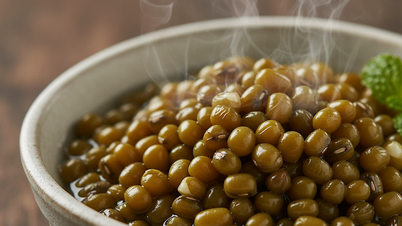
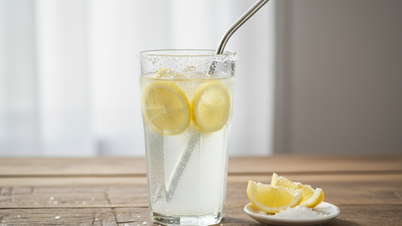
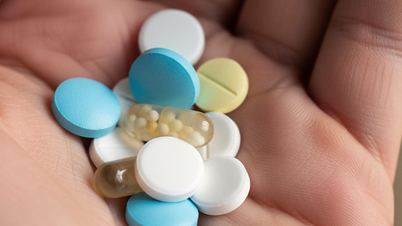
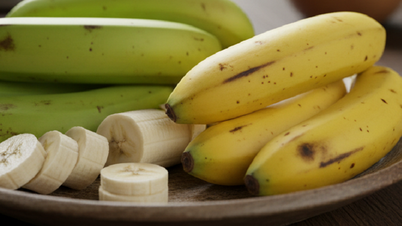
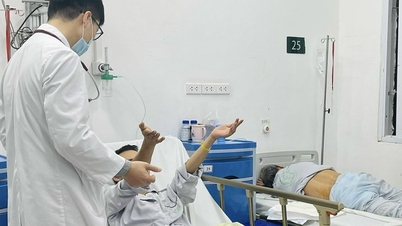

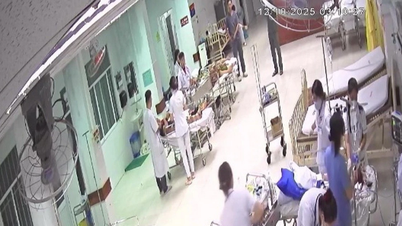

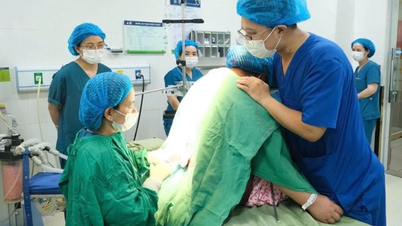



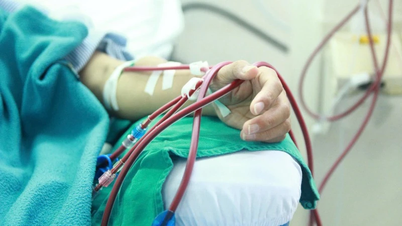
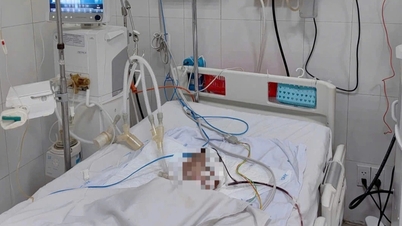











![[Photo] General Secretary attends the parade to celebrate the 80th anniversary of the founding of the Korean Workers' Party](https://vphoto.vietnam.vn/thumb/1200x675/vietnam/resource/IMAGE/2025/10/11/1760150039564_vna-potal-tong-bi-thu-du-le-duyet-binh-ky-niem-80-nam-thanh-lap-dang-lao-dong-trieu-tien-8331994-jpg.webp)





























![[Photo] General Secretary attends the 80th Anniversary of the Traditional Day of the Armed Forces of Military Region 4](https://vphoto.vietnam.vn/thumb/402x226/vietnam/resource/IMAGE/2025/10/12/1760265970415_image.jpeg)









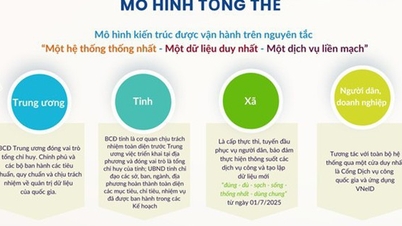
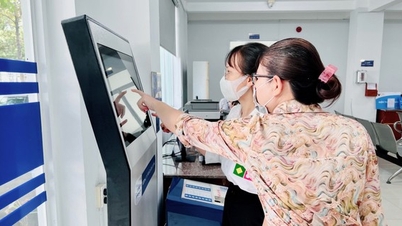



























Comment (0)